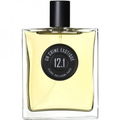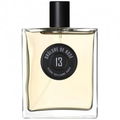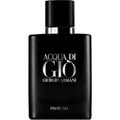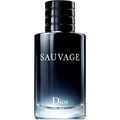We may earn a commission when you buy from links on our site, including the eBay Partner Network and Amazon.
19 Louanges Profanes Pierre Guillaume 2004
/ 10
109 Ratings
A perfume by Pierre Guillaume for men, released in 2004. The scent is fresh-spicy. It was last marketed by L'Oréal.
Compare
Compare
Main accords
Fresh
Spicy
Woody
Citrus
Synthetic
Fragrance Pyramid
 Top Notes
Top Notes  Mint
Mint  Ginger
Ginger  Lemon
Lemon  Heart Notes
Heart Notes  Geranium
Geranium  Lavender
Lavender  Base Notes
Base Notes  Woody notes
Woody notes Perfumers
Videos
Watch video
Ratings
Submitted by Michael, last update on 12/23/2024.
Interesting Facts
The face of the advertising campaign is actor Chris Pine.
Smells similar
What the fragrance is similar to

Armani Code (2004) Eau de Toilette
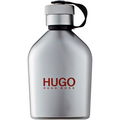
Hugo Iced
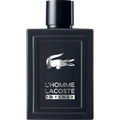
L'Homme Lacoste Intense
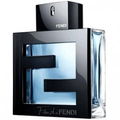
Fan di Fendi pour Homme Acqua
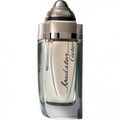
Roadster Eau de Toilette

Allure Homme Sport Eau Extrême
Charts
Images
4 fragrance photos of the community













